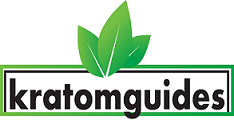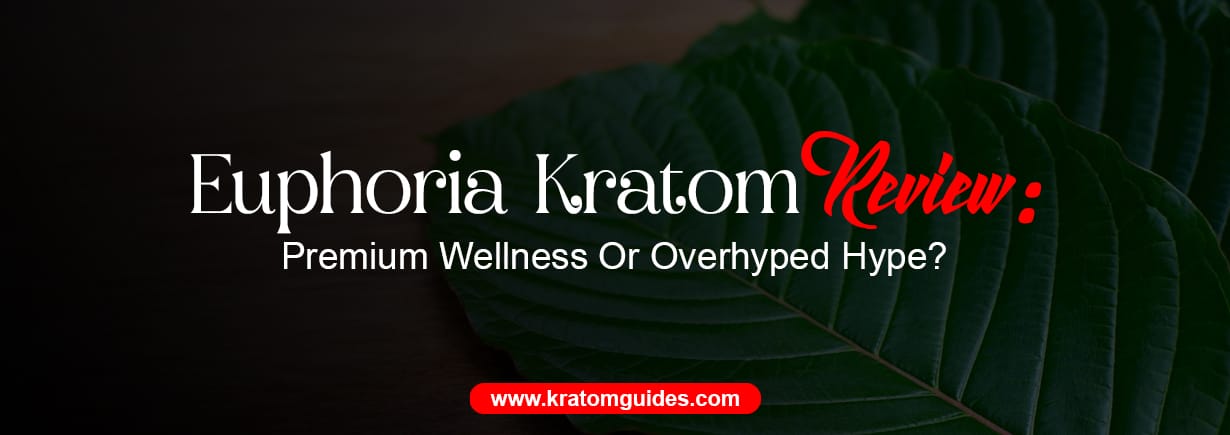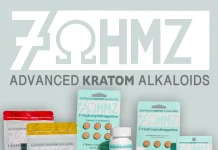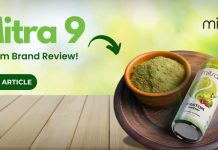Uphoria is a boutique kratom extract brand based in the U.S., best known for its small-batch 7-hydroxymitragynine tablets and sleek branding. While the kratom market is full of powders, capsules, and extract shots, Uphoria Kratom sets a standard by differentiating itself from others and by offering a concentrated, lab-formulated experience aimed at wellness enthusiasts who seek a more pure and premium approach.
But does style match substance? In 2025, customers demand more than they claim they want verified safety, fair pricing, transparency, and proven results. Here’s a breakdown of what Uphoria Kratom delivers, whether good or bad.
1. Product Variety: A Niche Focus on 7-OH Tablets
Uphoria Kratom keeps things intentionally limited with a hyper-focused extract lineup:
- 750 mg bottle (25 × 30 mg tablets) — $175
- 600 mg (30 × 20 mg) — $150
- 450 mg (30 × 15 mg) — $125
- 225 mg (15 × 15 mg) — $65
- 5-pack (40 mg tablets) — $32
- 2-pack (20 mg tablets) — $13.99
- Sample tablet — $0.02
Uphoria also offers branded apparel (tees and hoodies), but all items—including kratom tablets—are marked “Out of Stock” at the time of writing.
Why It Matters?
If you’re looking for variety in strains (e.g., Green Maeng Da, Bali), this isn’t the brand for you. But for those wanting a precise, high-potency tablet experience, Uphoria Kratom offers something niche and unique—when available.
Verdict:
Targeted, quality-first product line—though extremely limited and frequently unavailable.
2. Lab Testing and Transparency
Uphoria promises in-house extraction, purity, and accurate dosing of 7-OH alkaloids. A “Lab Results” tab appears on the website, suggesting third-party testing exists.
The Problem?
No actual lab results are published. There’s no certificate of analysis (COA) accessible per batch or product line. In an industry that demands transparency, having no lab results is a major red flag.
Why This Is a Concern?
Customers are increasingly unwilling to “take your word for it” when it comes to psychoactive botanicals. Competitors offer batch-specific test results to build trust. Uphoria hasn’t followed this suit yet .
Verdict:
Transparency: missing lab test claims are not backed by public data.
3. GMP Certification and Legal Compliance
Uphoria Kratom states its extracts are made in the USA with small-batch control, and it adheres to basic legal disclaimers, the disclaimers are as follows:
- No FDA approval
- Sales restricted to 21+
- Shipping limited to compliant states
However, there’s no evidence of third-party certifications like AKA’s GMP program—a key trust marker in 2025.
Verdict:
Legally cautious and likely safe, but lacking third-party certification proof.
4. Marketing and Medical Claims
Uphoria Kratom uses languages that go like:
- “Mood Enhancer”
- “Mind Clarity”
- “Pain Pathfinder”
- “Energy Unleashed”
These wellness-themed descriptors stop short of outright medical claims, but they walk a fine line and may confuse newcomers into thinking results are guaranteed.
Verdict:
Suggestive, yet not openly deceptive; however, clear disclaimers should be added.
5. Strain Naming and Product Labeling
Since Uphoria Kratom doesn’t sell strains—just 7-OH extract—they avoid misleading names like “Super Supreme Elephant Maeng Da.” Their product labels are straightforward, primarily focusing on dosage and purity.
Verdict:
Clear, minimal labeling with no marketing tactics.
6. Customer Reviews and Social Proof
A most highlighted weakness for Uphoria is its lack of real-world feedback because there are:
- No customer reviews on the site
- No testimonials or third-party retailer reviews
- Little user discussion on Reddit or forums
Without authentic feedback or reviews from customers, it’s challenging to determine the actual efficacy or consistency of the product.
Verdict:
Lack of customer voices undermines credibility.
7. Social Media and Engagement with the community
The last post on Uphoria’s Instagram account is from February 1015, which is also considered a major red flag. After that, there’s little to no engagement at all:
- There is no active community interaction
- There is no user-submitted content
- No educational blogs, videos, or FAQs
In today’s market, the presence of a community = brand trust. Uphoria has work to do here.
Verdict:
Weak digital presence and minimal user engagement.
8. Pricing Compared to Competitors
Uphoria Kratom charges premium prices:
- ~$7–$8 per 30 mg tablet
- $150–$175 per bottle
As compared to the pricing of some common Kratom vendors ($30–$50 per 100g), the price of Uphoria is significantly higher than other Kratom vendors, but the cost could be justified only if lab testing and reviews were provided.
Verdict:
Premium pricing matches high image—but lacks proof of excellent quality.
9. Return Policy and Customer Service
There’s no clear satisfaction guarantee or refund policy, nor is there live support on Uphoria’s website. Contact is limited to a basic form—no chat, no phone line.
In an industry where user experience varies, a transparent and responsive return policy is necessary.
Verdict:
No visible return policy = friction in potential customers.
10. Shipping, Availability, and Convenience
Every Uphoria Kratom product is “Out of Stock” at the time of review. While this may show a strong demand, it more likely mirrors:
- Bounded production
- Problems in Inventory or supply chain
- Shortage of restock communication
Shipping and delivery timelines are not mentioned either.
Verdict:
Out-of-stock status across the board + having no restock info = poor buying experience. Also unprofessional.
11. Top Products to Watch (When Available)
Uphoria’s best-known offerings include:
- 750 mg 7-OH Tablets (25 × 30 mg)
- 5-pack 40 mg Tablets – A favorite for first-time users
- Free Sample Tablet – Just $0.02
These products promise convenience, fast absorption, and precision, but are currently unavailable due to stock issues.
Final Verdict: Is Uphoria Kratom Worth Your Trust in 2025?
Uphoria Kratom is a visually stunning and wellness-branded kratom vendor offering a unique, real, and intensive extract experience. For experienced users seeking precise, full-spectrum 7-OH dosing, it holds strong appeal in theory.
But Uphoria currently falls short in many different critical areas, they are as follows:
- No public lab test data
- No customer reviews
- Constantly out of stock
- No return policy
- Weak social presence
Until these gaps are addressed, Uphoria may appear premium, but it lacks the transparency to justify its premium pricing.
Best For:
- Experienced users seeking concentrated kratom extract
- Buyers attracted to boutique, wellness-oriented brands
- Capsule or tablet lovers wanting alternatives to powders
Not Ideal For:
- First-time kratom users needing education or customer support
- Shoppers who require published COAs or lab testing
- Budget-conscious buyers comparing online vendors
- Anyone who wants to buy now—stock issues persist
Quick Tips for Buying Kratom in 2025
- Look for third-party lab tests (COAs) for each batch
- Do not trust the vendors without customer reviews that feel real.
- Avoid brands making strong medical claims
- Choose GMP-certified vendors if possible
- Sample small before committing to big orders
Overall Rating: ⭐ 3.2 / 5
Uphoria Kratom has the looks and concept—but must earn the trust. If the brand can back up its claims with transparency, resolve inventory issues, and engage its audience, it may one day live up to its high-end promise.








